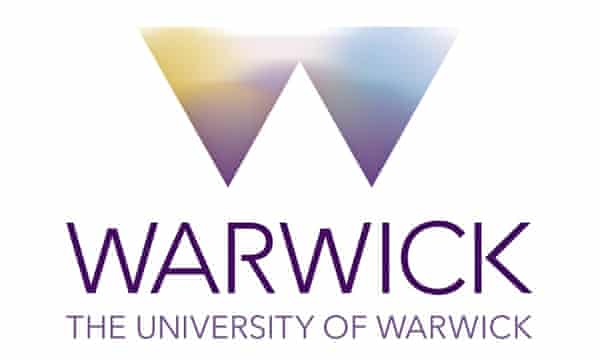Neutrino Researcher Rasa Muller Wins Kluyver Thesis Award at University of Warwick
Rasa Muller, on Zoom from Bologna, Italy. “I wanted to summarize my work in such a way that, so to speak, my grandmother would enjoy reading it. From my public talks and appearances in the media, I know pretty well what questions people on the outside have. Those questions form the line through my summary. What are neutrinos? Why an experiment in the deep sea? Could you see anything?”
When she got the call that she was awarded this prize, she reread that summary anyway. “It’s pretty much what I wanted to do, but I can see myself rushing it a little bit. Because that’s what it was, I had a fairly ridiculously tight schedule, the proofs were already coming off the printer. I didn’t really think about a possible Kluyver Prize at the time.”
Rasa Muller received her Ph.D. in summer 2023 for her doctoral work on the KM3NeT experiment, the undersea neutrino telescope under construction in the Mediterranean Sea. Her dissertation Getting to the Point is a first attempt to pinpoint sources of neutrinos in the sky with measurements from KM3NeT.
Muller on her result: “We couldn’t do that with the few lines that KM3NeT counted in the beginning, but we were able to set up an analysis method and show that with more lines in the sea we will indeed start to see neutrino sources.”
In the fall of 2023, she left for Italy and joined INFN’s KM3NeT group in Bologna as a postdoc. “A great personal adventure. It’s been said that it’s better to switch experiments for your academic career, but actually I wanted above all to finish what I had started: finding cosmic neutrino sources. I am now working on those analyses with now almost 30 lines in the sea.”
Notable in her dissertation is an Epilogue on science communication. During her doctoral work, she regularly appeared on television programs about science and was a speaker or presenter at events. From Italy, that is a little less for a while, but the dreams are certainly still there. “For example, I occasionally think about the intention to set up a science broadcaster,” she said.
“That last extra chapter actually stems from my frustration that there is a kind of public fear of science things. That’s not justified, of course, but does lie in part very much with science and scientists themselves. We are often arrogant and don’t make enough effort to engage people. Even among ourselves, by the way: all those incomprehensible stories at conferences and in talks, a terrible waste of time and money.”
In her opinion, the fact that the public is afraid of science subjects is certainly also due to the inadequate education in the Netherlands. “There are really far too few good teachers of science subjects. I would like scientists to realize that this is precisely where they have to roll up their sleeves if they want to keep their own discipline afloat. Give students or PhD students an extra year to contribute to teaching. I bet people will start to like teaching, too.”

